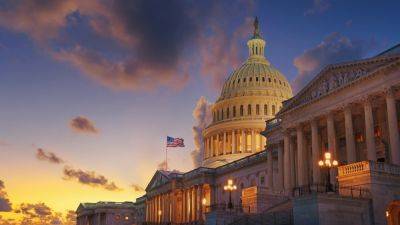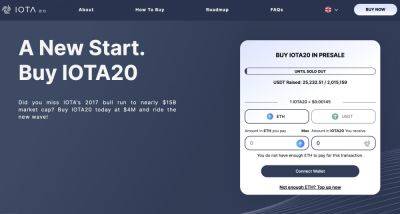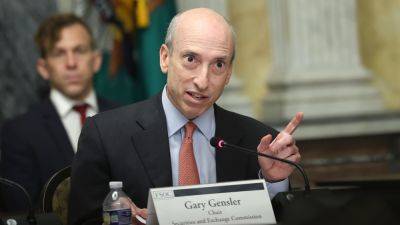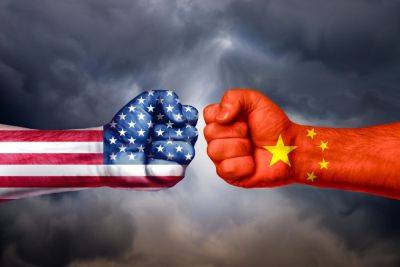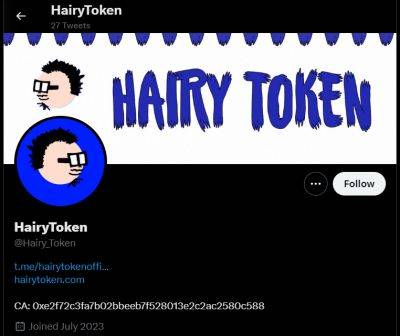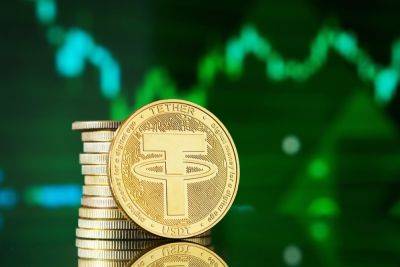US GAO says lack of interagency cooperation needs to be addressed in crypto regulation
The United States Government Accountability Office (GAO), a Congressional watchdog agency, has released a report it completed in June on the regulatory framework for the use of blockchain in finance.
The 77-page report was requested by Reps. Maxine Waters and Stephen Lynch before the midterm elections, when they were the chair and ranking member of the House of Representatives Financial Services Committee, respectively. The report unsurprisingly found that more regulation is needed. The agency has a framework for evaluating regulatory reform proposals developed in 2009.
The report pointed to crypto asset trading platforms and stablecoins as products that lack regulation, but it examined regulators’ policies and activities without straying into “turf war” controversies related to defining securities. Thus, it identified the spot markets for nonsecurity crypto assets as the center of a regulatory gap and stated:
Traditional assets in that category enjoy robust regulation, the report noted. Crypto assets are subject to limited oversight, such as from the Treasury’s Financial Crimes Enforcement Network (FinCEN) and through state money transmitter licensing.
Related: US Congress agency recommends 4 key policy options for blockchain
Stablecoins need regulation regarding the composition of their reserves, auditing and disclosures, and redemption rights. The report said current regulation is a hodge-podge of measures by the Securities and Exchange Commission, Commodity Futures Trading Commission and states that does not amount to “consistent and comprehensive prudential regulation and oversight.”
DeFi is capable of being regulated in inverse relationship to the level of its decentralization, the GAO said. When an ecosystem is
Read more on cointelegraph.com





